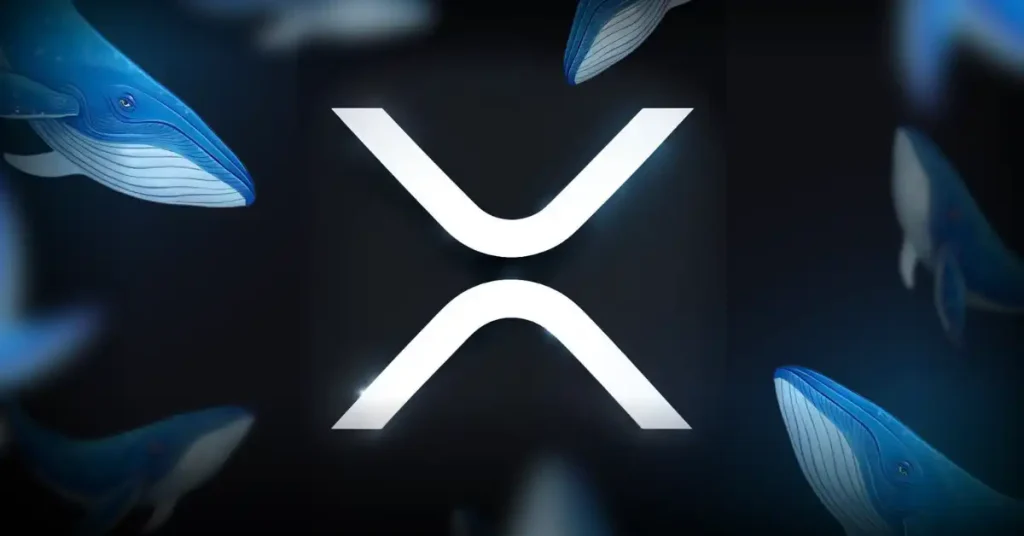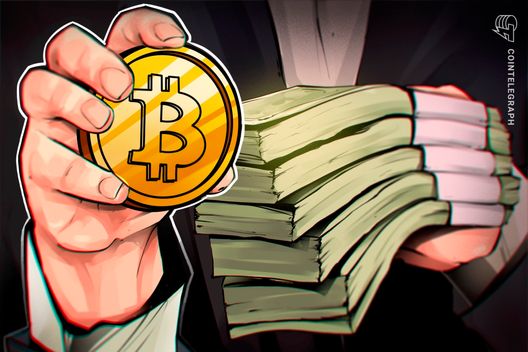The International Organization of Securities Commissions (IOSCO) has published a report warning that tokenizing real-world assets could create a new set of risks for investors. The securities watchdog acknowledged that the majority of risks associated with tokenization fall under existing frameworks, but are evolving.
The IOSCO report noted that tokenized assets are gaining popularity in the global crypto community, but cautioned that risks such as ownership confusion and technical issues still persist for investors. The report also observed that some investors are encountering unfamiliar risks. Blockchain technology presents new operational and technical challenges, although existing regulations can address some of the known risks.
The Chair of IOSCO’s Board-Level Fintech Task Force, Tuang Lim, emphasized that the report aims to help IOSCO members understand the applications and challenges of real-world tokenization. He added that the watchdog is committed to equipping its members with insights from its analysis of emerging risks. However, he noted that the adoption of tokenization remains limited.
Servais says IOSCO commits to understanding emerging technology
Jean-Paul Servais, IOSCO’s Board Chair, said the report reflects his company’s commitment to understanding emerging technologies and their impact on global capital markets.
IOSCO encourages regulators to consider applying its policy recommendations for crypto and digital asset markets, as well as its policy recommendations for decentralized finance, in the context of tokenized assets.
IOSCO also pointed out that most tokenization projects still depend on traditional trading rails, but few offer any hard proof of greater efficiency. The watchdog noted that tokenization is presented as a means to speed up trades and reduce costs, but technical barriers and legal uncertainties pose risks to investors.
“As tokenization continues to evolve, this report provides timely insights into its adoption, associated risks, and the regulatory considerations related to market integrity and investor protection.”
–Jean-Paul Servais, Chair of the Board at IOSCO
Lim also asserted that tokenization has the potential to reshape the issuing, trading, and servicing of financial assets. He added that members developing regulatory approaches for tokenized financial assets would find it helpful to refer to the IOSCO report’s recommendations.
Alcock claims tokenization hides real risks
Jamie Alcock, a professor of mathematics and finance at the University of Birmingham, says that tokenized assets hide real risks. He emphasized that tokenization platforms do not share power but spread out responsibility. They also spread legal duties across a network of invisible nodes.
Alcock explained that tokenized products merely reflect real-world assets but do not actually transfer legal ownership. He mentioned that their promises of fast transactions, no middlemen, and global access are appealing. However, he cautioned that there are serious issues behind the fancy designs and technology.
The mathematics and finance professor also warned that users may have no legal recourse if the platform fails, pauses withdrawals, or the custodian goes bankrupt. There is no duty to protect investors, and often no regulated business is involved at all.
Alcock believes that this risk is not a mistake; it is intentional. The platforms operate across different countries, placing governance in one country and custody in another. The platform may also use technology that is beyond the control of any single regulator.
The professor notes that the decentralization fostered in tokenization does not necessarily mean equitable control or public ownership. It means that no one can be held accountable when things go wrong.
He also noted that governance tokens are often presented as a way to distribute power, but they tend to leave power in the hands of early insiders or institutional investors. Meanwhile, the other users are invited into systems that they do not understand or that do not guarantee their rights.
Alcock says the struggle between accountability and design is not new. It is similar to past situations where complicated systems hid risk.
Join a premium crypto trading community free for 30 days - normally $100/mo.















 English (US)
English (US)